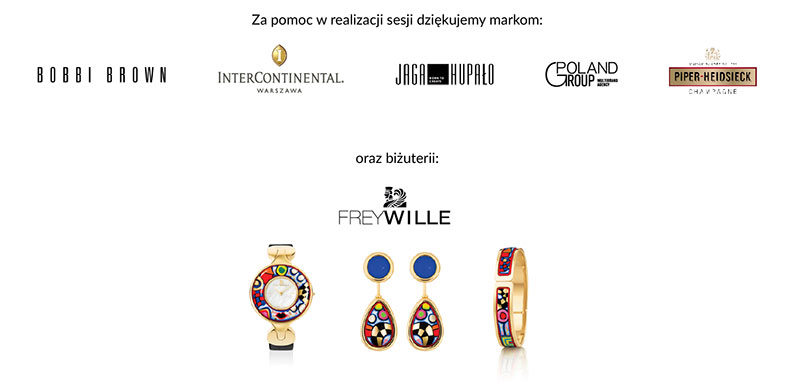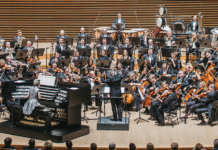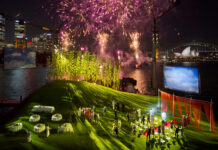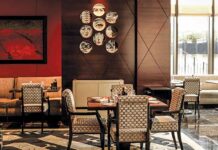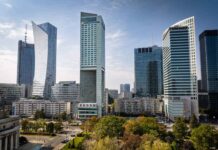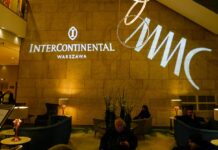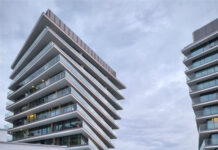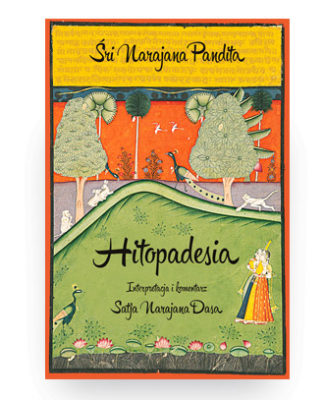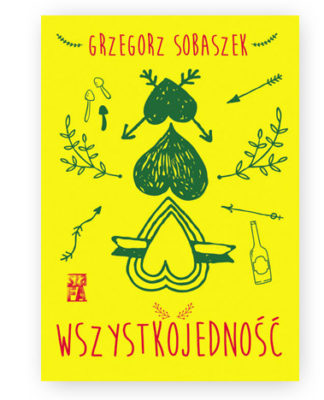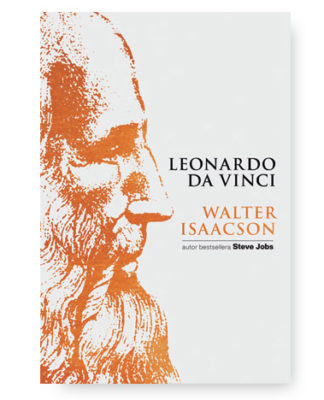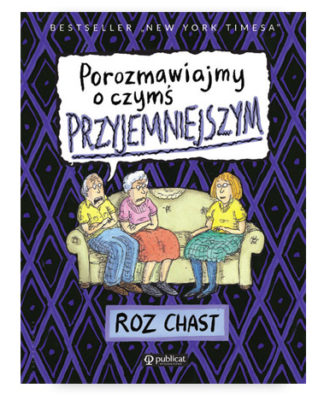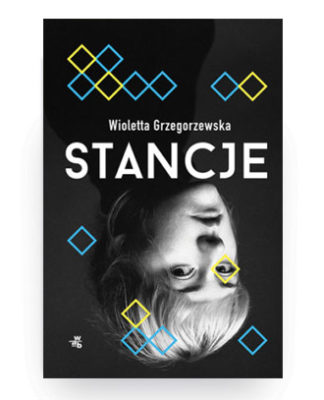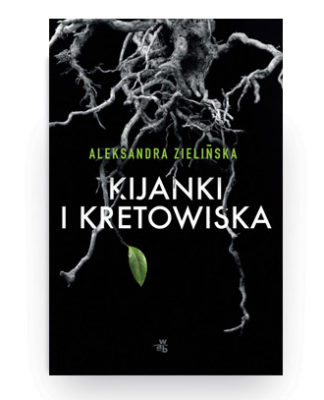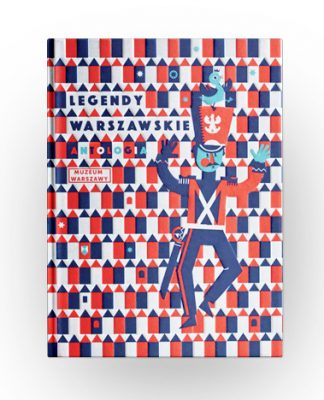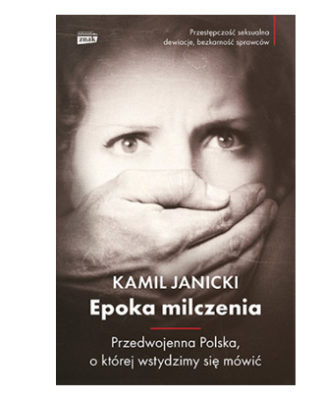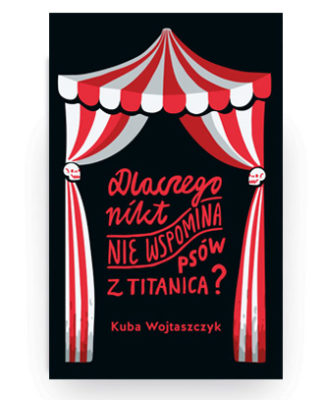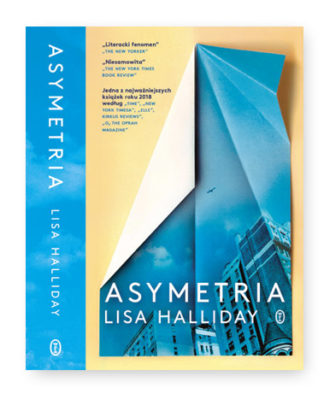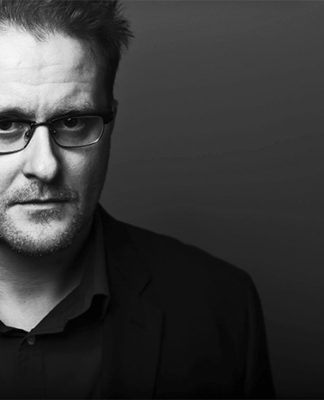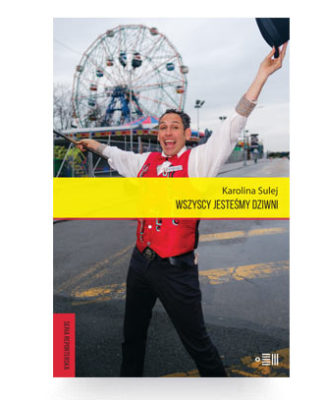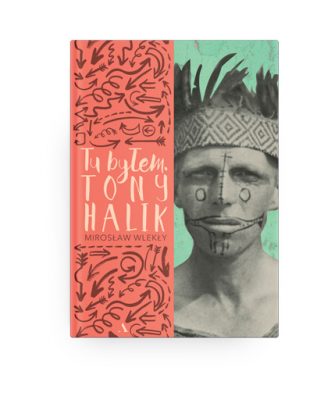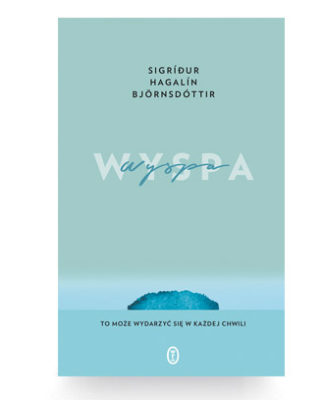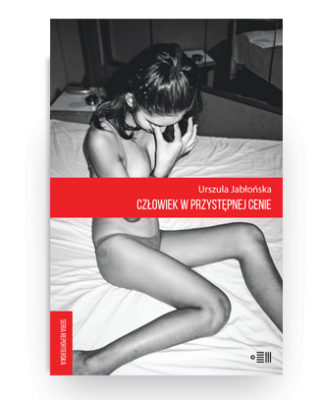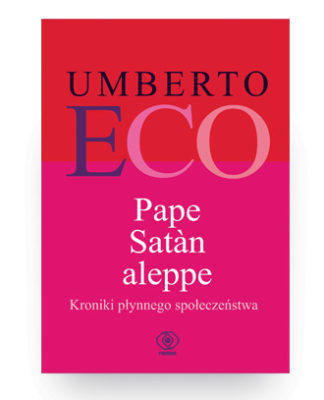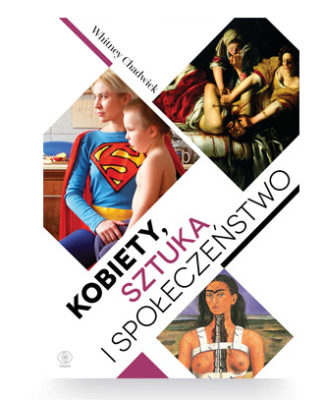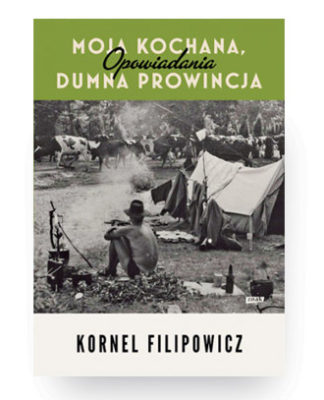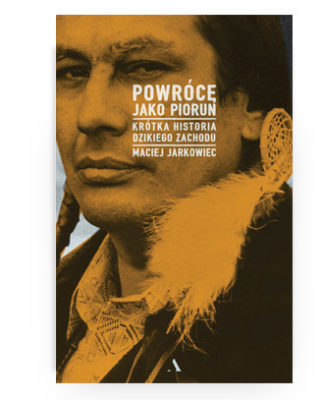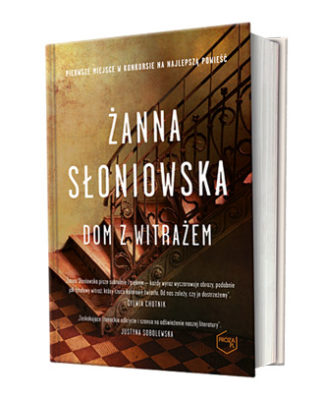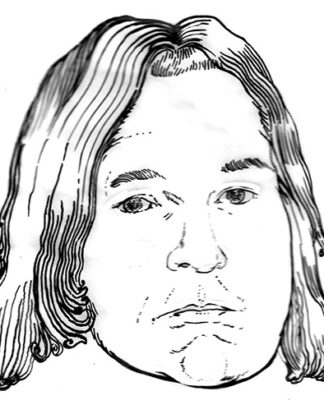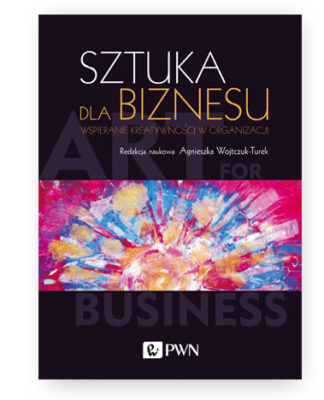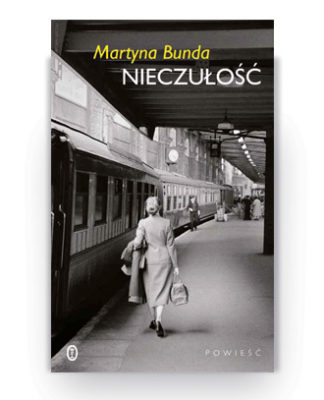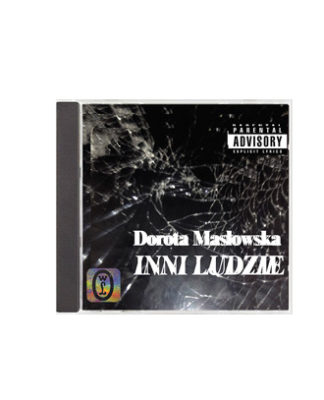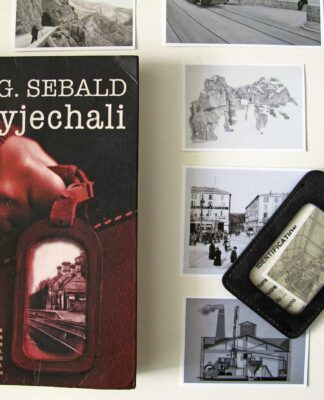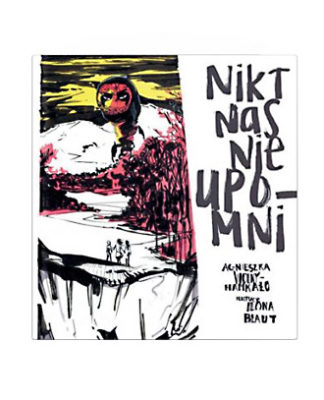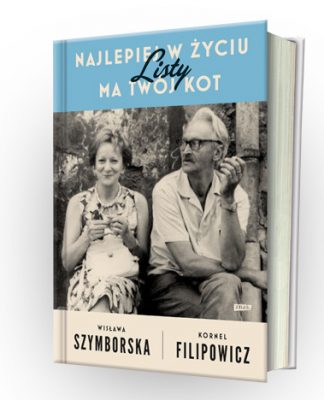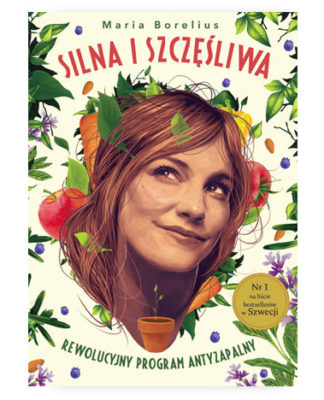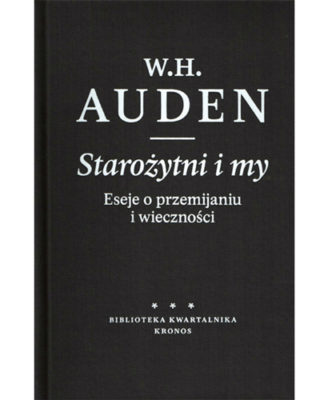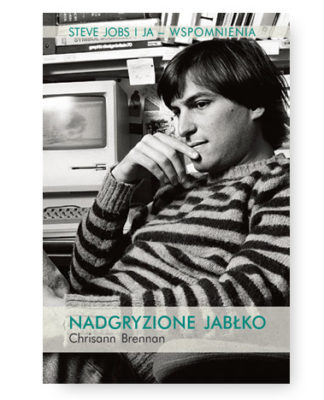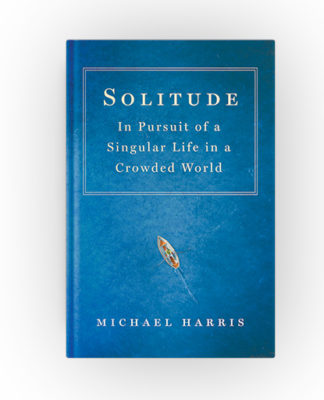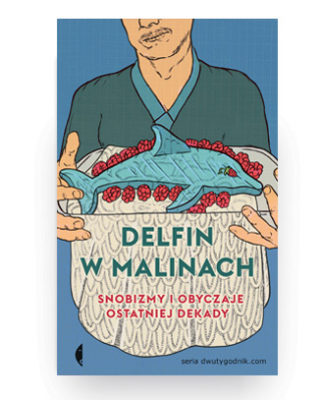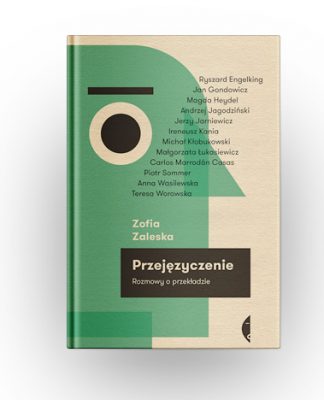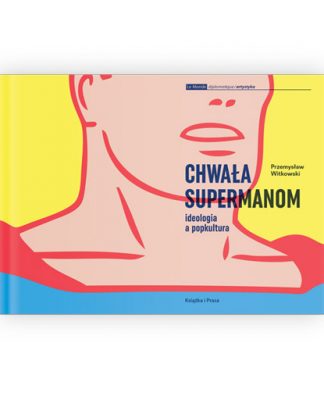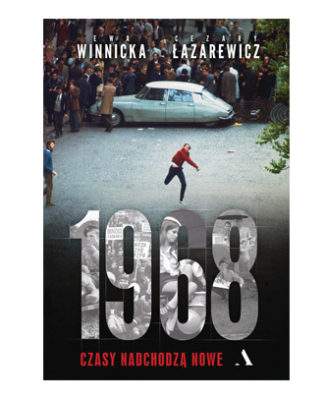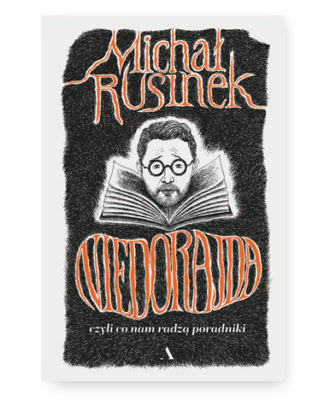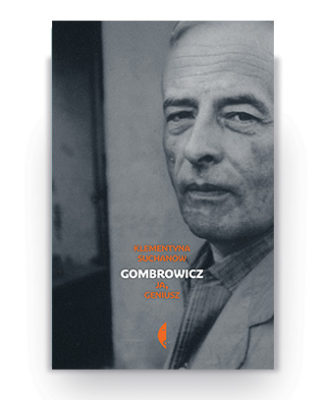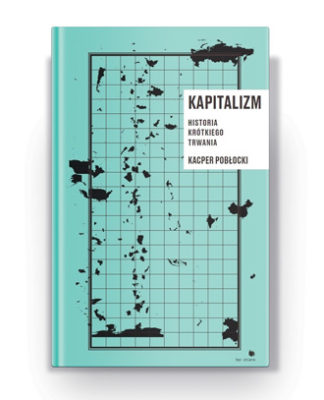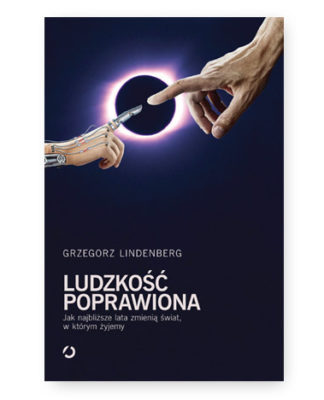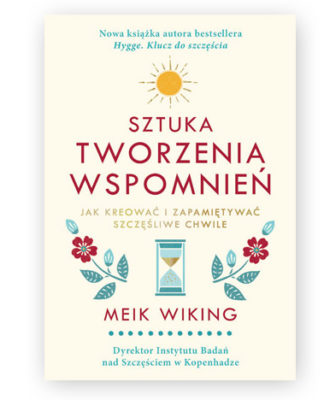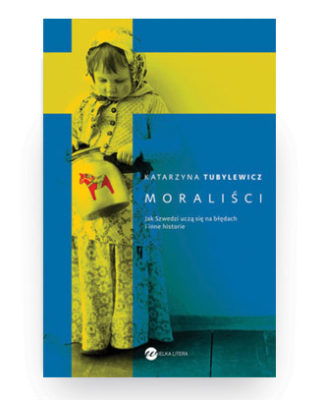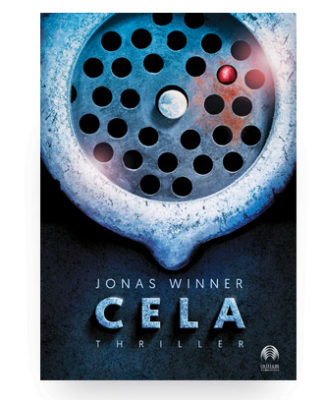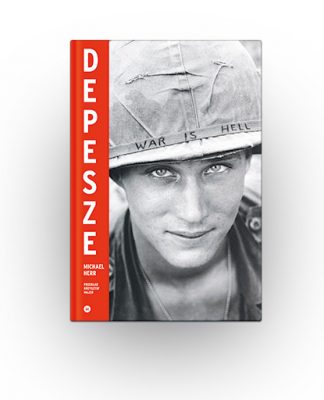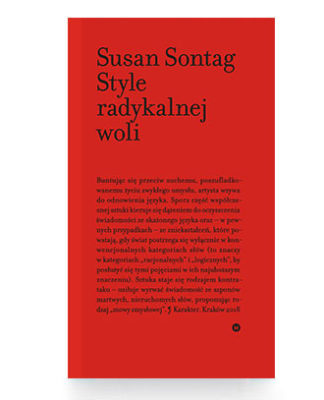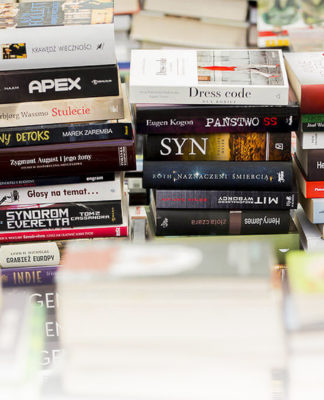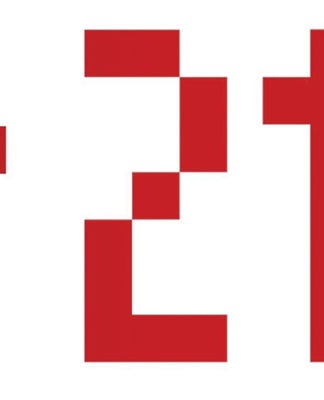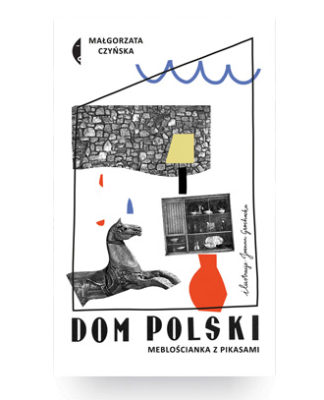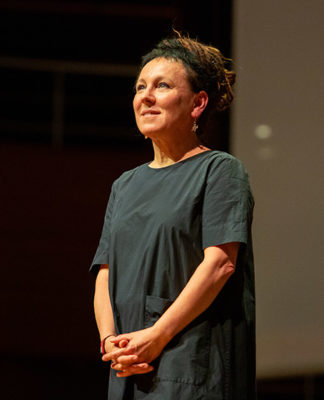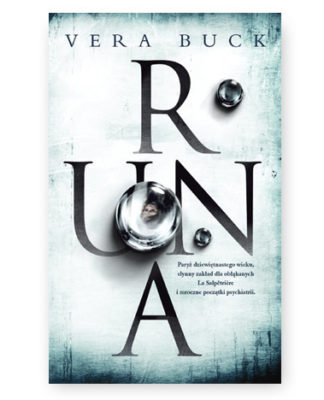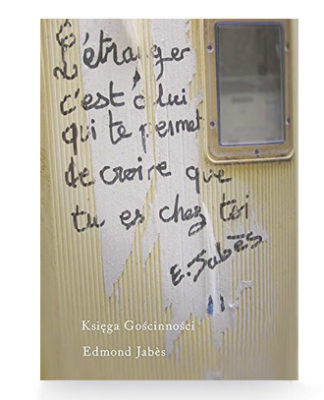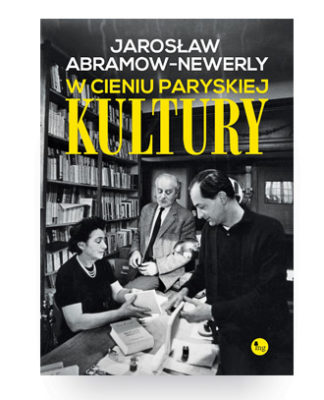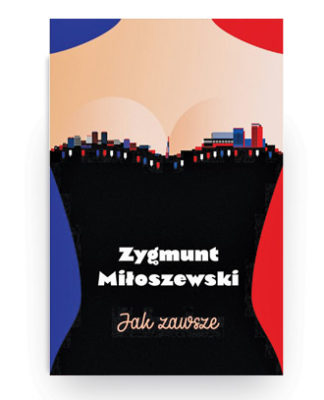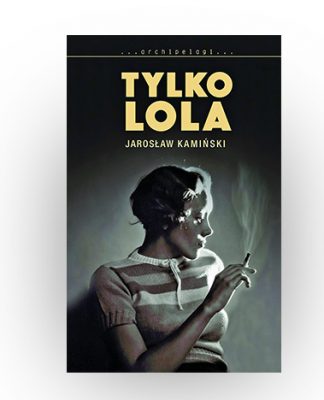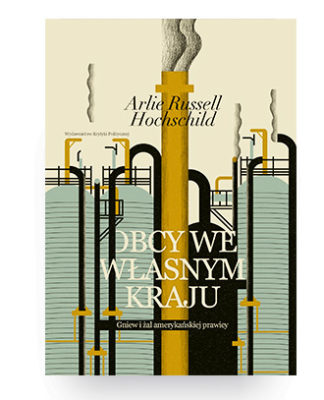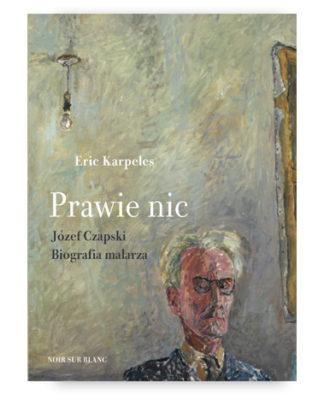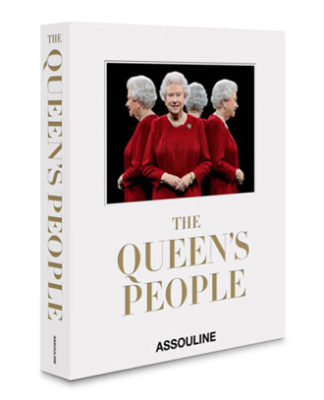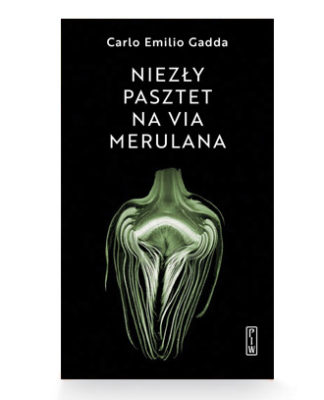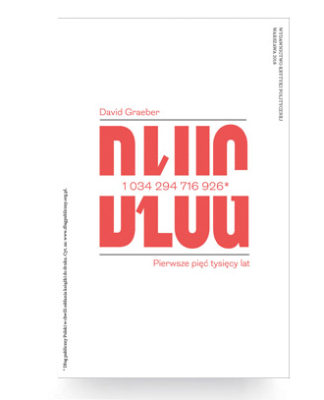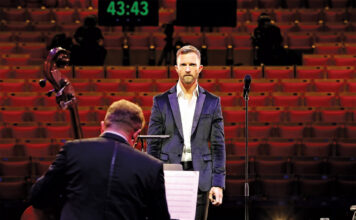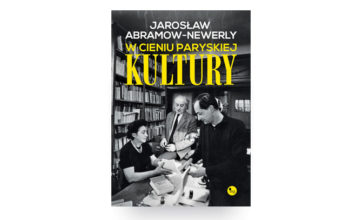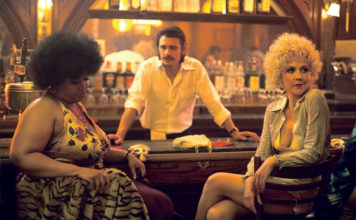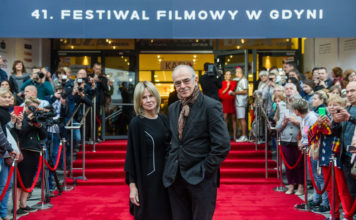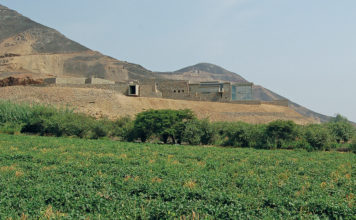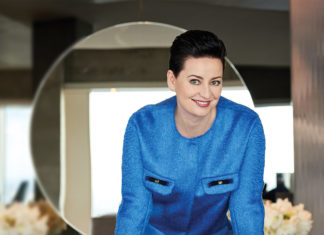Since joining IHG® Hotels & Resorts in 2006 at the InterContinental Frankfurt, Britta Kutz’s career has taken her to Cologne, Singapore, Thailand, and Indonesia. During this time, the hotel properties she worked with won many prestigious awards. In 2016, she returned to Europe as General Manager of the InterContinental Düsseldorf. She now lives in Warsaw, where she is General Manager at the InterContinental Warsaw, as well as Area General Manager for IHG® Hotels & Resorts in Poland, becoming the first female General Manager at that hotel. Britta Kutz talks to us about the changing face of luxury and her life.
Kliknij tutaj, aby przeczytać wywiad w wersji polskiej.
Text: Jansson J. Antman
Photos: Marcin Stróż
How hesitant were you to take on the role in Poland?
What a nice way of putting it! I think I am very considered when I make decisions like that. Of course, there was a me in my late teens and early twenties, when I didn’t think twice about packing my bags and following my boyfriend to Hamburg. However, I’m a mother now and my husband has given up his career, so he could be there for our 12-year-old daughter. I’ve got two people who depend on me. My parents live in Germany and they’re at that age when it’s best to be close by. I want to be able to jump on a plane and be by their side at a moment’s notice. I’m originally from Cologne and I’d already been working in Düsseldorf for five years, which was very convenient. At the same time, I’m this crazy person who loves to step outside their comfort zone, because I experienced that growth can only occur when you do. It was therefore a very deliberate choice, because I could do that and build on what I’d learnt around the world while still staying in Europe.
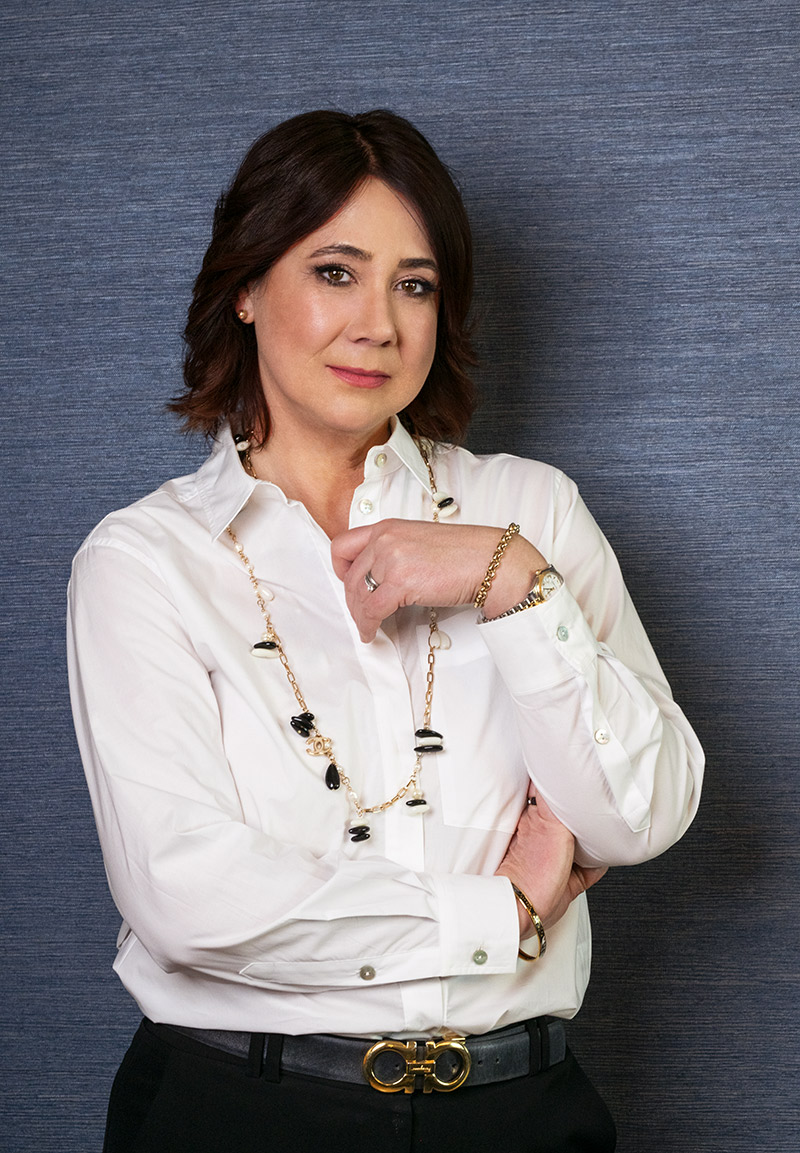
And in a cosmopolitan city.
Precisely. Warsaw is a city full of surprises. I love its different colours and the fact that you can be walking along a fairly ordinary street one moment and suddenly turn a corner to find yourself saying, “Wow! What a beautiful old church.” I’ve already had the opportunity to show my family and friends around the city and they’ve all had the same reaction. I’m also very impressed with the awesome gastronomic scene in Warsaw, which can be far more advanced than many places in Germany. And then there’s the Polish lifestyle. The locals really like to go out. Even in winter, it’s still such a lively city with so much to offer.
That’s high praise from the person who created the renowned “Restaurant Kö59” in Düsseldorf with celebrity chef Björn Freitag. What were your first impressions of InterContinental Warszawa’s own signature restaurant “Platter” by Karol Okrasa?
There are so many similarities between the two restaurants and chefs. Both are very well known and loved in the local community. Björn is constantly on television in Rhineland and Karol is here. They work with local fresh produce, and they both share a tremendous love of good food. That was what attracted me to the idea in Düsseldorf – this idea of taking what grows locally and doing something special with it, so it never gets boring. What’s more, they’re both great characters and that makes working with them so much fun, because they’re so passionate about what they do. Of course, “Kö59” was a completely brand-new product that entered the market, whereas with Karol it’s more about building on the success we already enjoy. After all, the restaurant is in great demand and highly frequented.
Your career has allowed you to enjoy some of the best cuisine by some of the best chefs around the world, like Freitag and Okrasa. Do you ever take the me to cook for yourself and your family?
My daughter and I cook a chicken broth every second week and we make enough so that we always have deep-frozen chicken noodle soup ready to serve. I like to keep things simple. Of course, the family loves my Bolognese and Asian food. I really like to cook a Pad Thai or Pad Krapow. It’s not a huge repertoire, but those would be my go-to dishes.

Did you discover any culinary secrets when you were in Asia?
I learned that balance is the key. I went food-tasting in Thailand, where we had the pleasure to try Pad Thai. There were 10 or 20 different portions and they’d always say, “Too sweet … too sour … too spicy.” At the beginning I really couldn’t taste the difference, but after three years in Thailand I finally could.
Has it stayed with you?
Oh yes. For me the secret of Asian and especially Thai cuisine is the balance between sweet, sour, salty and spicy… and developing a taste for it.
Working around the world affords you so many experiences and acquaintances. Is a career like yours one of goodbyes or hellos?
It’s both, but what stays with me are the hellos and the special moments. That said, everything has its time in life and I always think, “How lucky am I that saying goodbye is so hard!” It means that I had a good me while I was there, and that’s why I’m sad to leave. Fortunately, the sadness eventually goes away and you’re left with beautiful memories and the people who became your friends. That’s something I’m really, really grateful for.
Now you’re in Warsaw, you’ll no doubt make new friends and collect more happy memories. What were your initial impressions of your new home?
I was here four years ago for our General Manager’s conference and I stayed at this great hotel. I didn’t have much time, but I did get a sense of the soul of the city and I have to say I fell a little bit in love with it. I definitely remember thinking that this could be a good opportunity in the future, because I knew that IHG®Hotels & Resorts was building or acquiring additional properties.

What do you think of the city as a travel destination?
As I said, the gastronomic offering is incredible, and you have wonderful museums and historical monuments, so I know it has a lot to offer tourists. When it comes to Warsaw as a business destination, it’s still difficult for me to say. Due to Covid, we are still facing one of the biggest challenges of our times and I haven’t had the chance to experience Warsaw without restrictions as yet. Colleagues who’ve been here longer than me, have suggested there is scope for developing the MICE market and to attract more global events and as well as international expos, like for example the book fair in Frankfurt or motor shows in Munich. Personal experience has shown me that luxury travellers are attracted to high-end shopping districts and streets … not malls. I think there is a lot that could be done in that regard, especially in an offer that is infused with Polish culture.
How do you maintain the imprimatur of InterContinental, while making sure that people enjoy an authentic experience when they’re in a different city?
I think that is quite easy at InterContinental, because that’s basically what we do. One of the things I love about our brand is that we don’t have the same design in all our properties. Wherever we are, we celebrate the culture we’re in, while still providing our guests with the service they’ve come to know and expect. For example, they know that breakfast will always be served at a certain me. We have standards in terms of what needs to be included, but we don’t prescribe a specific ham or cheese. Instead we say, „Okay, you need to have five cheeses and one needs to be local; or you need to have five different cold cuts, and one needs to be local.” Our guests know that there is a Club InterContinental; the rooms have certain standard equipment; there are standards for the check-in and check-out procedures; and so on. However, we always make sure our guests have the opportunity to explore the local features in the hotel. It is very important at the InterContinental to share our local knowledge with our guests. For example, in Thailand, I had an executive housekeeper, who owned a mango plantation which was next to her house and she would sometimes invite guests to pick mangoes there. Here in Warsaw, we also try to introduce our guests to a bit of the local culture and customs. We placed a beautifully packaged Pączek (donut) in each room, with a lovely little card explaining the tradition of celebrating Fat Thursday. Our concierge knows many insider tips in the city. We try not to send our guests to the usual suspects, in favour of three or four restaurants that also serve Polish cuisine, while providing a much more authentic and less tourist-oriented experience.
Now that you call Warsaw home, how are you familiarising yourself with the local culture?
The biggest challenge I face is the language. I need to learn Polish and I have to stop finding excuses to keep pushing it off from one week to the next. [laughs] I really want to learn the language, because the one thing that bothers me is being unable to communicate with the people around me. I’m one of those people who loves chatting to people in the queue for the cashier at the supermarket. Being able to do that will really help me feel very much more at home.

How were you received by the team?
Every meeting is conducted in English. They’ve been very respectful of the language barrier, and they switch to English as soon as I enter the room. I’ve actually been trying to learn one or two new words a day, and I think they appreciate that. I was very pleased when I found out that the Polish word for fireworks is fajerwerki – it is easy to remember because of its similarity to the English word. I love words like Christmas bombki and today I finally used the word faworki – I tried them today and they’re very yummy! Before I arrived, the team had worked with the same general manager for nine years, so it’s been a big change for them and I think they were also curious to see what it would be like to work with the first woman in the role. However, I have to say that they welcomed me with extremely warm Polish hospitality.
Has the InterContinental Warszawa lived up to expectations?
I knew what to expect from my previous visit, but that was in the middle of a Covid summer and the clientele was very different. I returned in August last year and I can’t believe how resilient and quick to react our people are. It was the Polish summer break and suddenly the hotel became incredibly busy again. Polish families had just received their 500 zlotys per child and they wanted to spend it locally. However, we were still only manned for a property running at 30% occupancy and suddenly jumped to 100% occupancy on weekends. Our team worked so hard to accommodate our guests and provide them with the experience they rightfully expected. I was very impressed with the teamwork that was displayed by everyone, and it enabled us to get through this difficult time and still receive fantastic feedback from our guests. I’ve also come to recognise that our property holds a very special place in the hearts of the people of Warsaw. I’m incredibly proud and grateful to run this hotel. It’s built up such a good reputation over the years that we were able to bounce back really quickly after the Covid19 lockdowns. We’ve definitely had a good start to the year. I also wasn’t aware just how popular our swimming pool on the 43rd floor is. I thought it was a cool location, but I had no idea how much people loved it until I saw it popping up on Instagram.
Has the bounce-back you mentioned been accompanied by a change in the demands of the luxury traveller?
To define luxury, you need to understand what luxury means to the individual guest … especially nowadays. It used to be clearer around 10 years ago, but today luxury is defined very individually – it can simply mean being able to do an online check-in and get to your room as fast as possible without any additional interaction.
Is that purely for reasons of safety?
Perhaps. Or maybe they simply don’t want to have a conversation, because they’ve already spent the whole day talking. Also, nowadays the real luxury is time. For many people being able to spend time doing something they really love is true luxury. That said, many people really did not enjoy travelling during the pandemic. I remember meeting guests who very much felt it was a hardship and wanted to treat themselves to a bit of luxury once they’d arrived. These people had to travel for business or medical reasons. I was still in Düsseldorf at the time and the hotel had never run out of champagne before. However, we did during the pandemic! As soon as guests would arrive, they’d order champagne, starting from the most expensive and working their way down the wine list. I actually think that people who can afford luxury, have greater need of it now. If you feel you’re going through a tough time and you know you can indulge yourself, you’ll do it.

Is this the case across the industry?
In general, the hotel world is a bit topsy-turvy and it depends somewhat on the country you’re looking at. In some, hotels cannot even reopen certain areas of their properties, because they’re not allowed to, or because they don’t have sufficient manning. We are quite lucky here in Warsaw, because we have reopened all of our outlets, including our Club InterContinental Lounge, and we are actually able to provide the same services we did before. And because we already started to bounce back last year, we had more time to hire the people delivering these services to our guests.
Some economic commentators have suggested the luxury market is now exceeding pre-pandemic levels.
I think it varies from hotel to hotel. Some small luxury hotels, which mostly have a focus on rooms and maybe a restaurant, will bounce back nicely. In fact, some already have, because they were the first choice for individual travellers who could afford it and felt safer there. Our hotel is a big luxury property with 414 rooms. We cannot fill them with purely individual travellers. In order for us to fully bounce back, we need full-scale business to return through large-scale international conferences and business travellers.
Will they come back?
We all love the experience of travel; the change of scenery; and to take in the smells of a different city. I also genuinely believe people want to meet in person. Human interaction is so important. If you think about your business meetings, you can hold them via zoom, and you will get the job done. However, we all know that the really important things are being dealt with over coffee between meetings, and that won’t change. We could see it last year. As soon as restrictions allowed meetings to take place, and the meeting planners felt it was safe, we got a lot of bookings. I do however think that we will see an increasing appreciation for efficiency and the ability to meet differing needs. Some business travellers just want a good bed, a shower and breakfast. Our Holiday Inn Express brand provides exactly that. However, when they want to go on a weekend trip with their family, they come to our hotel, because they need a concierge who can give them advice about what to do in the city and arrange a hire care, among other things. We are no longer just dealing with the luxury traveller. On weekdays, our Smart Travellers are happy to just eat, sleep and depart, but they expect luxury when they spend quality me with their families on the weekend and during holidays. Another element that now influences how people perceive a hotel brand is the extent to which it is environmentally responsible. People will ask themselves, “How do I feel about that brand, and how are they dealing with today’s issues?” I think COVID has really encouraged travellers to make more informed decisions about where they stay.
And what of your own life choices? Is an international career like yours for everyone?
There’s a saying that you will never be completely at home again, because you will always have people in different places that you love. That’s the only downside of a career like mine. I was no longer completely at home in Düsseldorf either, because I missed friends I made in Asia or the authentic flavours of real Thai cuisine … and I also saw my compatriots from a new angle. Until recently, I actually saw them through an Asian lens. On the other hand, it really broadens your horizons and enriches your life when you travel and live in different cultures, but you do have to give up the feeling of ever being 100% at home again. And of course, you lose track of some friends. My brother for example has never left the town we were born in. Every summer he goes on a boat trip with friends he’s known since school. I don’t have that luxury, but I do know where I can stay the night when I’m in Bangkok. It’s a very different life concept. |
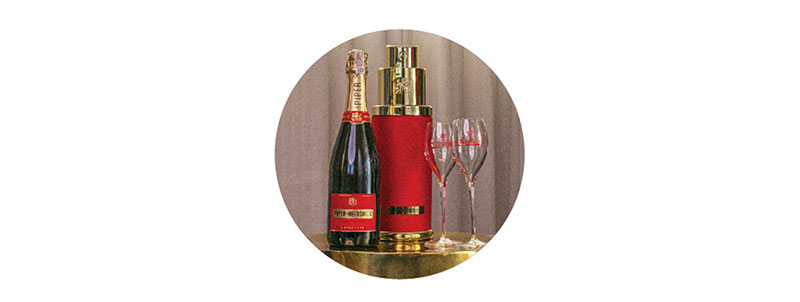
THE INTERCONTINENTAL75
To mark its Diamond Anniversary, InterContinental Hotels and Resorts has created the InterContinental75 signature cocktail, made with Piper-Heidsieck Champagne and The Botanist Gin. Like every InterContinental luxury property, it’s a twist on a classic that strikes the impossible balance between timelessness through exceptional technique and a commitment to constant reinvention.
ADD THE FOLLOWING TO A COCKTAIL SHAKER:
60 ml (2 oz) The Botanist Islay Dry Gin
7.5 ml (.25 oz) fresh lemon juice
15 ml (.5 oz) honey syrup
Add ice and shake until chilled. Pour into a champagne flute and top up with 90 ml (3oz) Piper-Heidsieck Brut Cuvée NV. Garnish with a twist of lemon rind.
